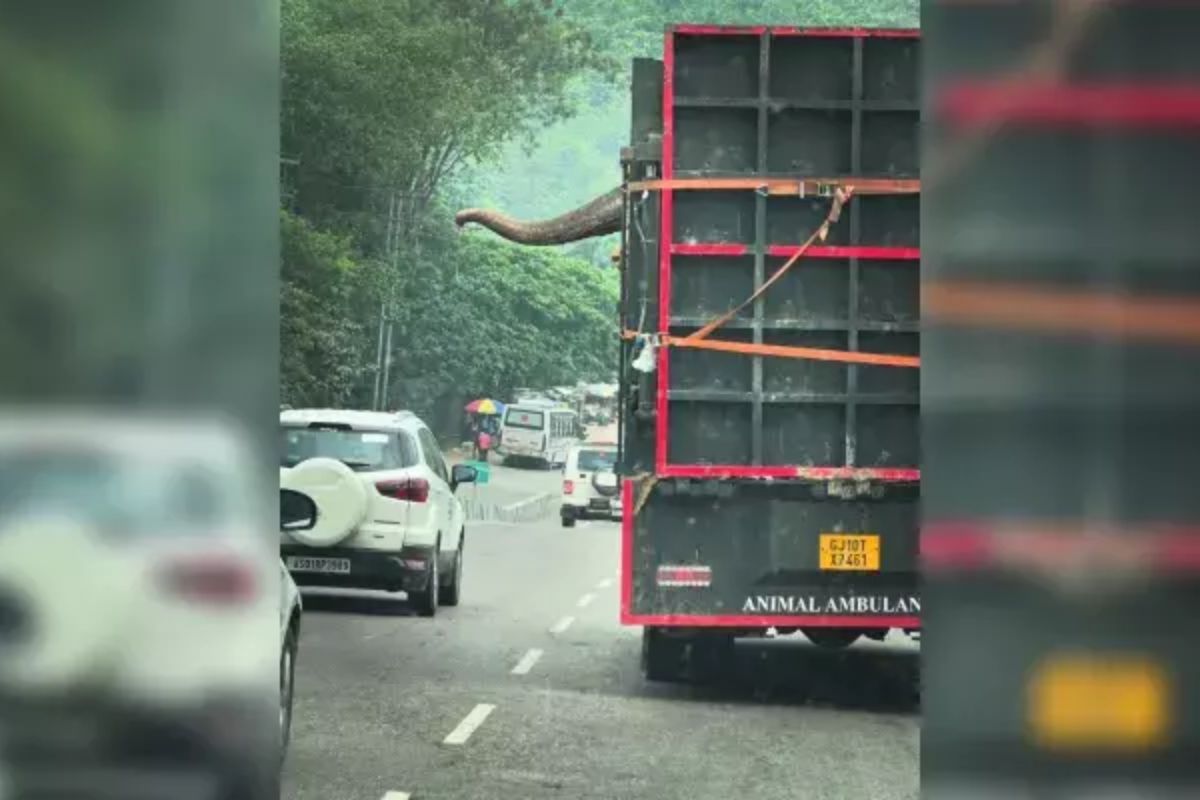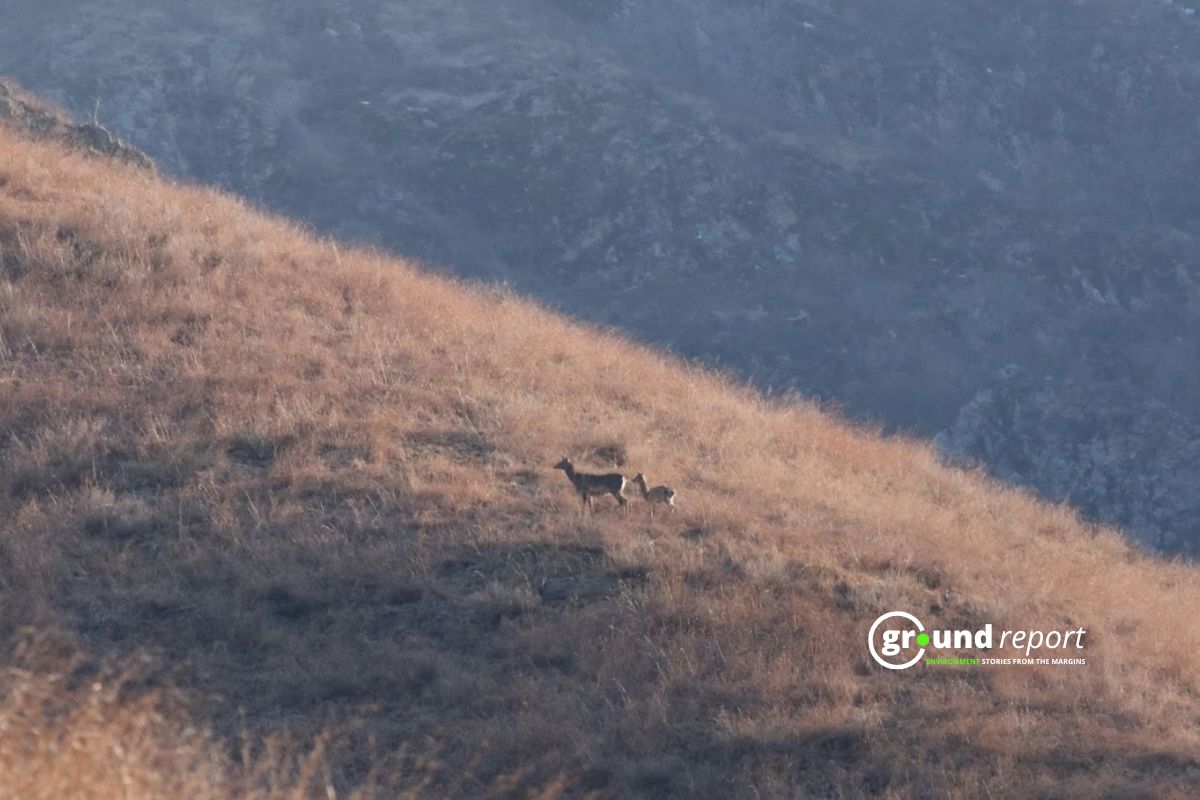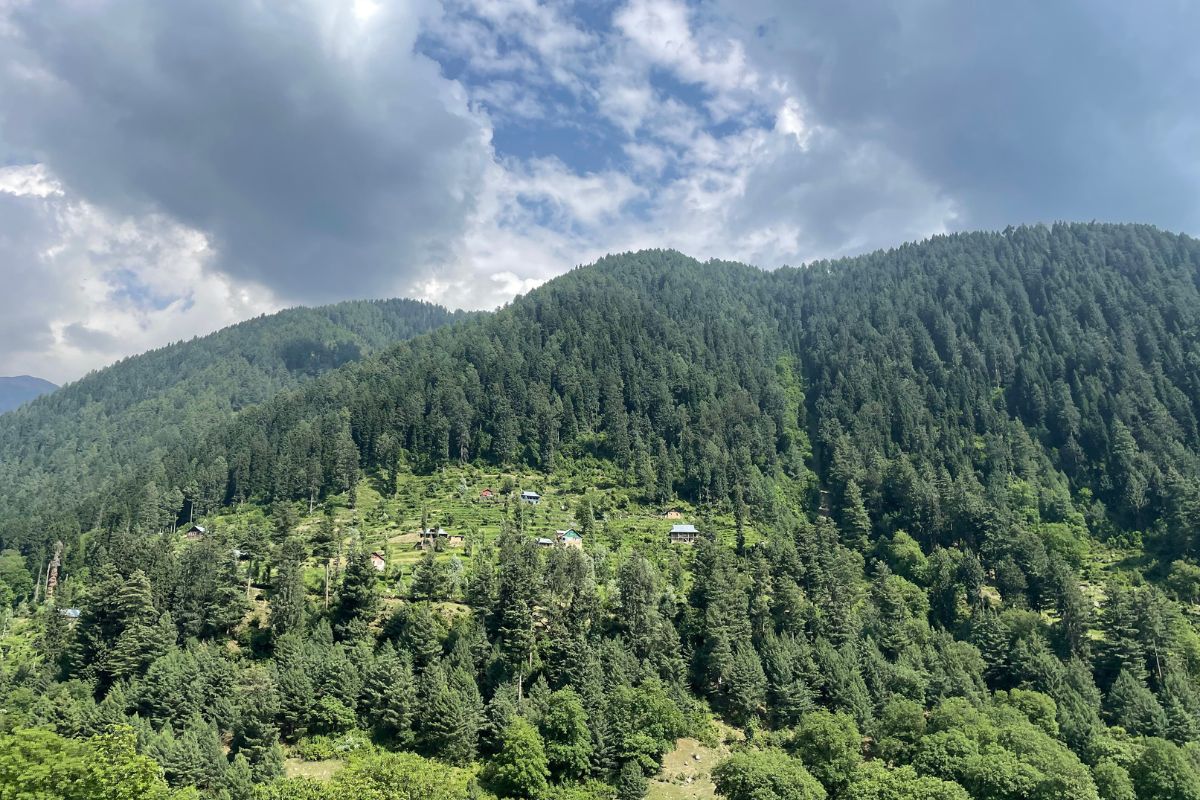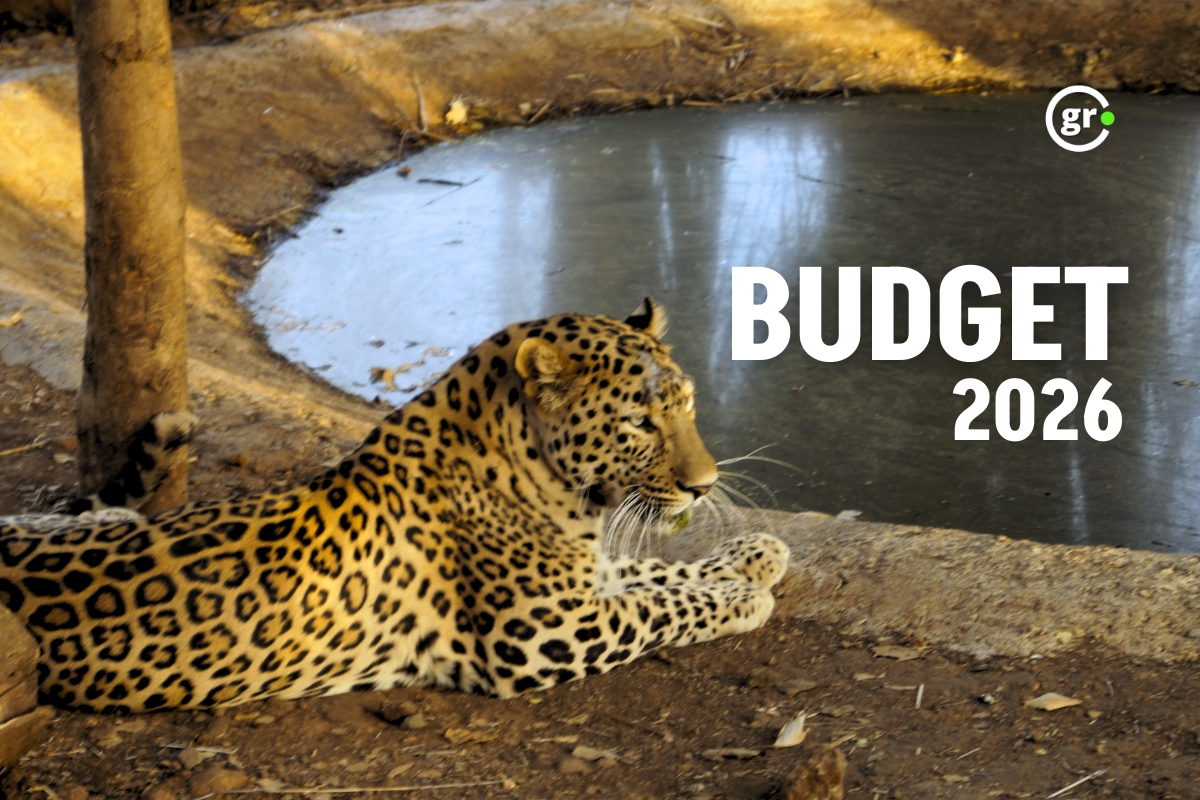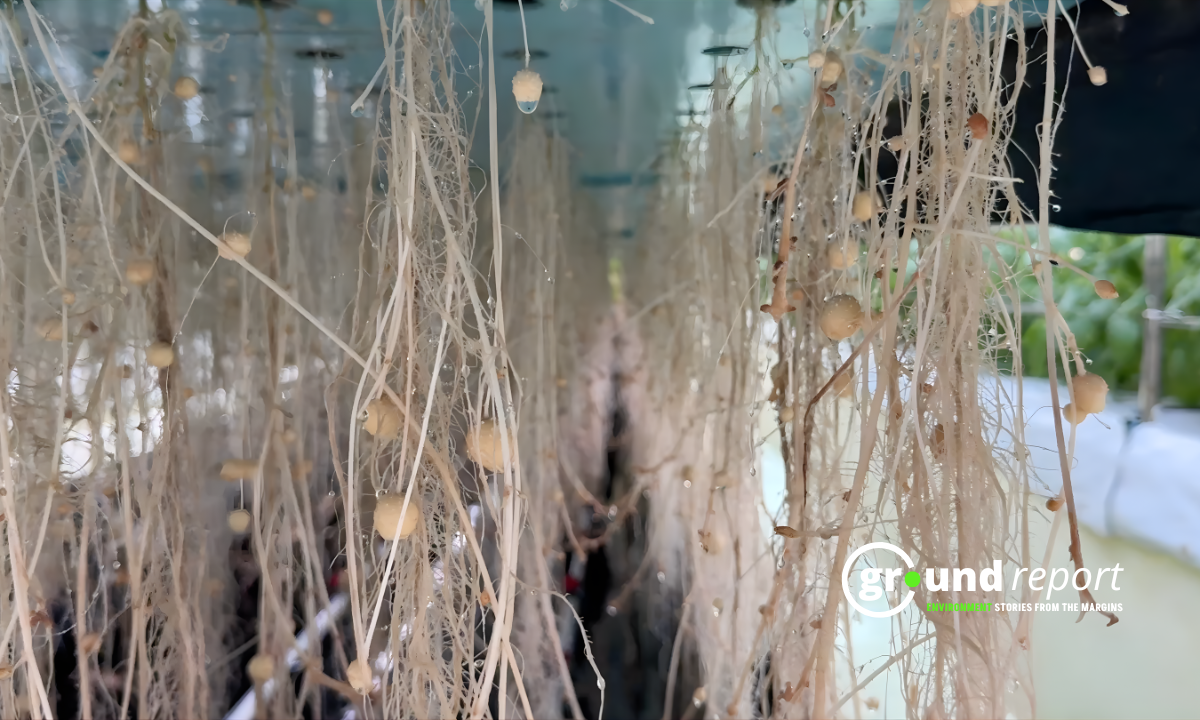A critically ill elephant, along with her calf, has sparked controversy as they are being transported to Anant Ambani’s zoo-cum-rehab facility in Gujarat. The elephant’s deteriorating health and the ethics of her journey have raised questions among animal rights activists and experts.
The elephant’s plight came to light after the animal activist group People for the Ethical Treatment of Animals (PETA) revealed her critical condition. PETA emphasized the risks of transporting a severely ill animal over long distances, particularly in cramped conditions and hot weather.
Local authorities and veterinary experts expressed concerns, suggesting that the elephant should have received treatment locally instead of undergoing a risky journey.
“The prolonged travel for a severely ill elephant amid the heat on the highways can be fatal,” voiced a forest official, highlighting the potential dangers of the journey.
The elephant, named Pratima, aged 55, was illegally kept by an individual in Tripura, along with her calf. Veterinary examinations revealed Pratima’s dire condition, including multiple abscesses, a swollen left foreleg preventing her from bearing weight, and other injuries. Prompt intervention by animal rights activist MP Maneka Sanjay Gandhi and the High-Powered Committee (HPC) of the Supreme Court of India led to their transfer to Vantara, Ambani’s wildlife preservation project.
Khushboo Gupta, Director of Advocacy Projects with PETA India, commended the forest department and the Supreme Court committee for arranging specialized veterinary care for the elephants. She stressed the importance of maintaining the mother-calf bond during their transfer to ensure their well-being.
The case underscores broader concerns about wildlife conservation, animal welfare, and the ethical treatment of animals in captivity. Stakeholders continue to advocate for the humane treatment of animals and the preservation of their natural habitats amid ongoing discussions.
“We urge authorities to prioritize the welfare of these animals and reconsider their transport under such precarious circumstances,” Gupta highlighted.
Follow Ground Report for Environmental News From India. Connect with us on Facebook, Twitter, Koo App, Instagram, Whatsapp and YouTube. Write us on GReport2018@gmail.com and subscribe our free newsletter.
Don’t forget to check out our climate glossary, it helps in learning difficult environmental terms in simple language.
